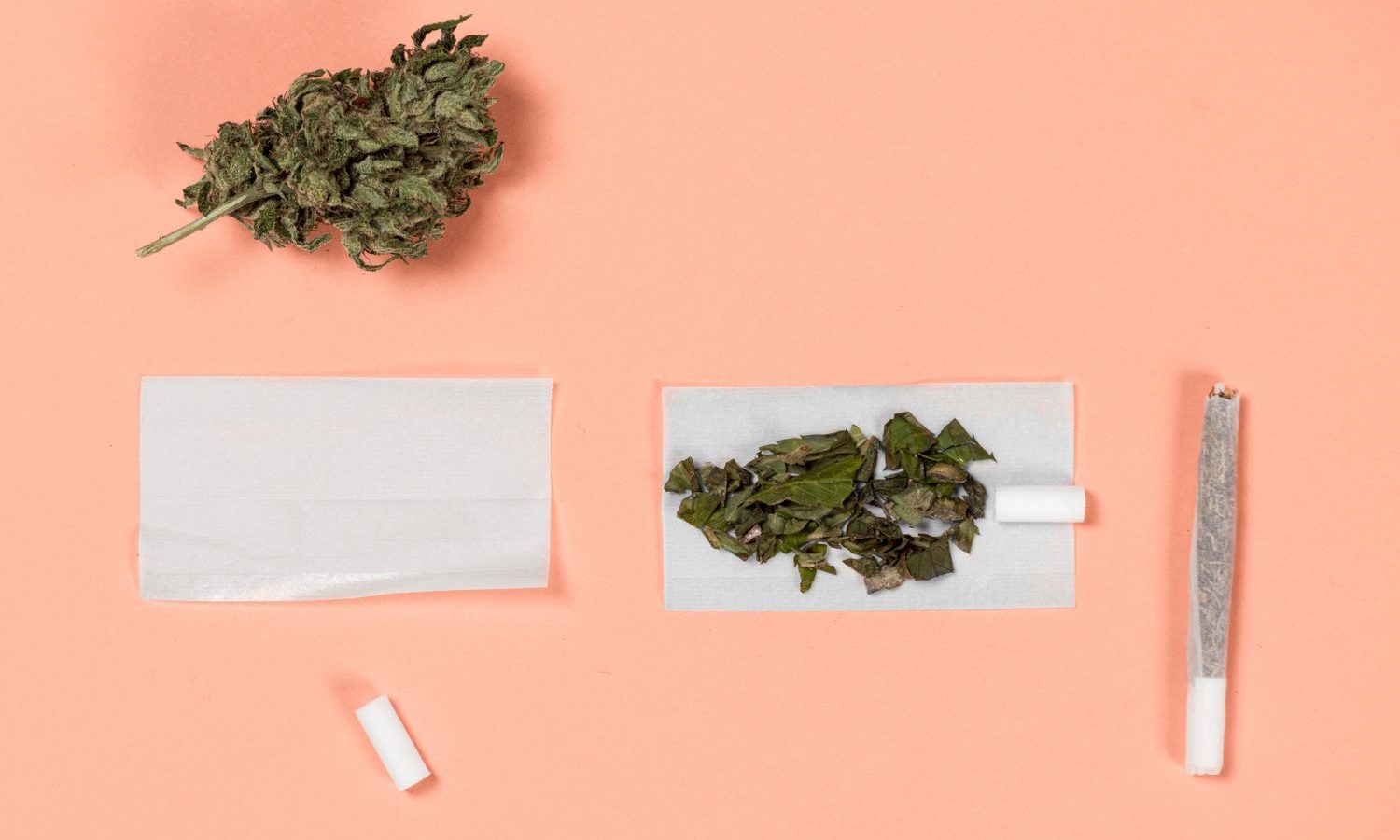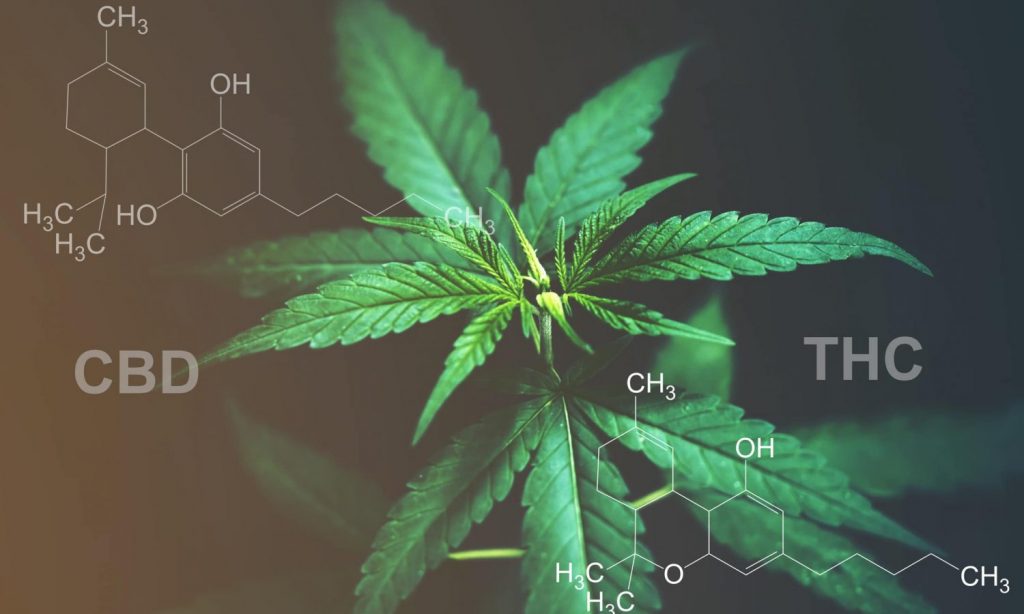
According to the January 2021 Hemp Benchmarks report, there is an increasing demand for delta-8 THC, which is not derived from hemp plant material but synthesized from extracted CBD. This is helping drive sales of crude CBD oil, CBD Isolate, and some wholesale CBD products.
As the popularity of delta-8 THC increases, Hemp Benchmarks observed a consistent decline in prices. Despite the fact that trading volumes of delta-8 THC remain a small proportion of those for CBD products, it is the fastest-growing product in the hemp sector as of the January report. A Tennessee processor told Hemp Benchmarks that they have seen as many as about 20% of their CBD customers shift to purchasing delta-8 THC.
This growth is notable given the many unresolved questions regarding delta-8’s legality. The compound is a psychoactive cannabinoid, which means it can get users “high”, giving rise to numerous legality issues. Newly proposed regulations from the Drug Enforcement Agency would classify delta-8 THC as a Schedule I controlled substance, which would make it illegal at the federal level. For this reason, laboratories and manufacturers are keeping a restrained and realistic eye out for delta-8’s true market potential.
RELATED: DEA Doesn’t Want You To Worry About Its New Hemp Rule—Don’t Take The Bait!
The uncertainty extends to the lack of defined standards around compliance and purity of products containing delta-8 THC. The Hemp Benchmarks report quotes an email from Stephen Crowley, Compliance Specialist and Hemp Processing Technician with the Oregon Liquor Control Commission, who wrote that one of his concerns is “what else might be in these products other than delta-8 THC.” This includes a number of chemical impurities that can be generated during the isomerization process.

If the proposed DEA regulations go into effect, delta-8 THC synthesized from CBD would be illegal and its popularity among manufacturers would hit a major roadblock. Until regulations are finalized, The Hemp Benchmark report predicts that some processors might entertain the idea of synthesizing delta-8 THC from their surplus CBD and selling it for significantly higher prices in order to recoup losses from declining CBD and CBG extract prices.
RELATED: Delta-8 THC: Benefits, How It Works And Scientific Evidence
The consumer market for delta-8 may correlate more strongly with the delta-9 THC demographic as they are both psychoactive, which may limit delta-8’s appeal for the broader CBD consumer base. As a “novel cannabinoid”, delta-8 THC education and promotion will be necessary to ensure that it does not see the same fate as CBG, which has not generated sufficient interest to purge the excess inventory of what was supposed to be the cannabis industry’s newest rising star. From February to August 2020, the price for CBG Biomass dropped by a staggering 82%.
RELATED: 10 Glorious Cannabinoids In Marijuana And What They Can Do For You
Delta-8 THC is currently a bright light in a stumbling market. Whether or not it can sustain that upward trajectory is dependent on which way the regulatory wind blows once the grey areas in the 2018 Farm Bill are clarified regarding synthetically-derived forms of THC. Until then, this controversial compound is making its way into all manner of products on the hemp market, and earning top dollar for those willing to take a chance on its uncertain future.
This article originally appeared on Green Market Report and has been reposted with permission.





